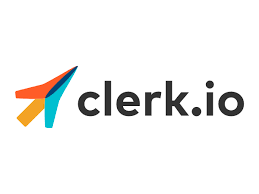The Energy Ministry has revealed a new initiative that will provide half of Denmark with cheaper energy during the night from 2015.
The climate and energy minister, Martin Lidegaard (Radikale), said in a press release that the new smart grid strategy energy initiative will allow consumers who use hourly meters to save money by using energy during the night.
“Today we have set the course towards the development of an intelligent energy system that will make the green restructuring cheaper and result in energy bill savings as well as new products for the consumer,” Lidegaard said.
Around half of Denmark’s energy consumers use remotely-read hourly meters for the registration of their energy consumption, but the system required to process the data has only just become functional.
Denmark is one of the leading countries in the EU when it comes to the research and development of smart-grid projects and the country's energy strategy means that Denmark has positioned itself to take advantage of a global energy market that is expected to grow by billions of kroner over the next ten to 15 years.
“There is a great international focus on the many groundbreaking initiatives of the smart grid in Denmark,” Hans Peter Slente, the marketing head of industry advocate organisation Dansk Industri, said in the press release. “With the government’s smart grid strategy, we take another important step forward. The strategy gives us a better opportunity to develop new products and digital services to the intelligent energy system.”
As part of the plan, energy companies have also pledged to offer a simpler and cheaper meter by 1 October 2014. They must also develop a model where energy tariffs are variable, which would offer greater savings for people who move their energy consumption to less-busy times of the day.
Furthermore, governmental energy provider Energinet is expected to improve its energy offers so that consumers can save money by turning down their heat when the energy system needs it. It will also allow consumers to control their energy usage based on the power generated by wind turbines.
The smart grid strategy requires that homes get outfitted with new meters. Consumers will have to pay half the cost of the new meters, which amounts to 1,325 kroner over ten to 15 years.
Read more about the smart grid energy strategy here (Danish).















